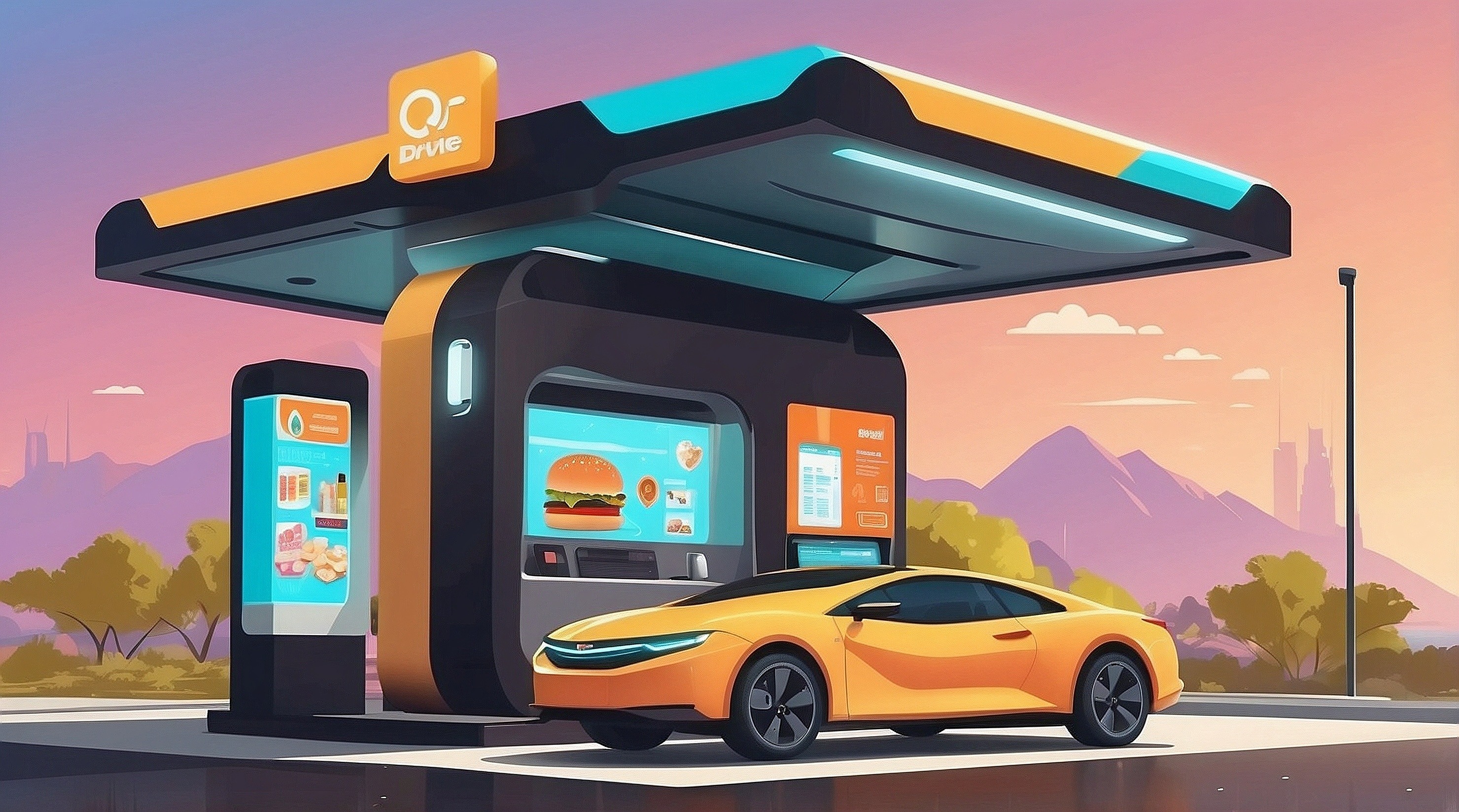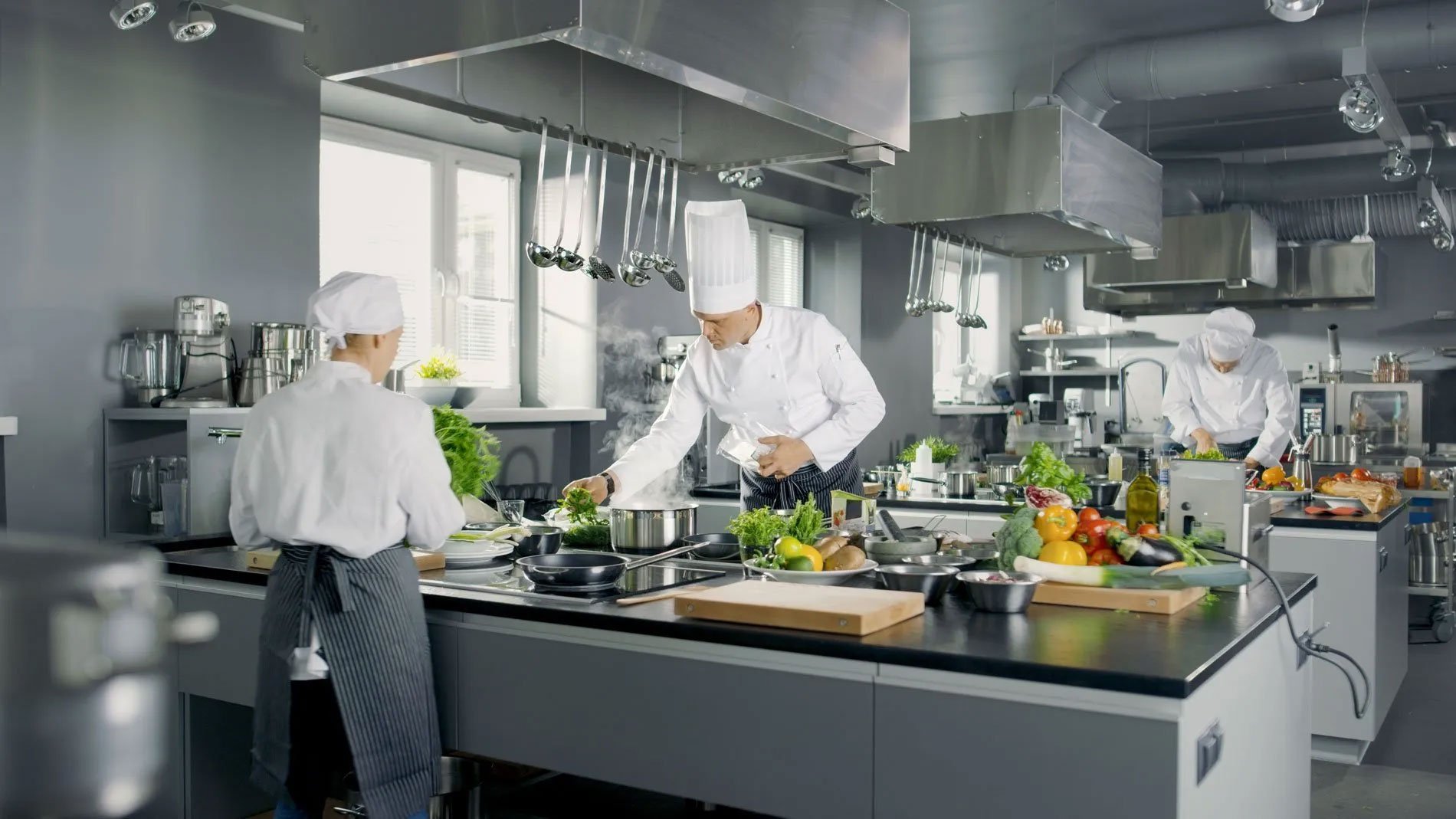The five hardware innovations that are changing the face of QSR
QSR is a fast-paced, dynamic industry. Its consumers are demanding, always looking for ‘new and improved’, whether that’s on the menu, or in the...
3 min read
Louie Scarpari : 10/01/2023 3:08:57 PM

As business management thinker Peter Drucker so famously said; “You can’t manage what you can’t measure”. Nowhere is that truer than in a hospitality business, where having information and insight can make the difference between success and failure, profit and loss.
Visibility is king in hospitality – having the information to answer key business questions, such as “What is my most profitable dish?”, “How many staff do I need at different times of day?”, “What would be the impact of tweaking this recipe?”, “When do I need to re-order key ingredients?”. The list of questions is as individual as each hospitality business, but the common theme is that without answers to those questions, you are running your business ‘blind’ – second guessing and making decisions based on feel rather than reality.
Business dashboards provide that visibility – reports that show you the state of your business, and provide the hard data to support sound decisions that help grow your hospitality enterprise. But with the wealth of dashboards available, what are the key things you should look for when starting down this path?
Real time data
Hospitality is a high speed business. If you have an issue on Tuesday, there is not much point in knowing about it on Friday, when it is too late to do anything about it. Whilst it’s true that overall trend data is useful to support strategic longer term planning, much of the success of hospitality is about making ‘here and now’ decisions. So you need key insights that you can turn into meaningful action. An example is keeping track of customer feedback on cleanliness in a restaurant franchise: data is captured from customers as they are in the store, and compared in real-time to national or state benchmarks. If a store falls below a key trigger point, an alert is sent for additional cleaning. This kind of prompt action improves customer satisfaction, sales, and reputation.
High level and drill down
Beware of reports that show too much data up front. They simply become unmanageable. A good dashboard will give you a high level red/amber/green overview for an ‘at a glance’ view of business health. Where metrics are green, you won’t need anything further. What you will need is the option to drill down and get more data on the amber or red metrics, this is also referred to as exception reporting. Here you’ll want to be able to quickly get to the detail that shows you the underlying cause of the issue, which will of course guide your actions to put it right. If you’re a multi-venue business, you’ll want an overview of all your locations, with a flag to rapidly show you any that need your focus and the ability to get to the heart of any issues quickly. A good dashboard will offer you the combination of a brief summary, with the ability to get right down into detail where required.
Tailor-made
Every hospitality business is different. The metrics that are crucial to one may not be as significant to another. So it is important when selecting a dashboard that you can tailor it to answer the questions that would otherwise keep you awake at night, the questions that drive your business, not someone else’s.
Wide set of inputs – internal and external
If your dashboard system is going to be truly tailored to your needs, it will need to be able to incorporate input from every part of your business – including financial systems, staff and wages, inventory, recipe management, loyalty, marketing and suppliers. Increasingly, hospitality businesses are recognising the value of incorporating external data into their dashboard systems – for example, spotting that sales of cold drinks decrease in a cold snap, and creating promotions on hot drinks as the temperature falls. Or capturing data from telematics systems, such as a temperature monitor in suppliers’ delivery trucks, to confirm whether your perishables are going to arrive in useable condition.
Anytime, anywhere access
Not many hospitality managers spend their day sitting at a desk, looking at reports. They are in the venue with customers, managing staff, meeting with suppliers or travelling between venues. A dashboard therefore needs to be as flexible as you are – with reports accessible on phone, tablet or PC and audible alerts to let you know when something needs your attention.
Gone are the days of relying on weekly or even monthly reports in hospitality. The speed and sheer competitiveness of the industry means that a new level of responsiveness is needed if you are to play the game and stay in the game. A great dashboard gives you that responsiveness – showing you how your business is doing, here and now, and enabling you to take the right business decisions.

QSR is a fast-paced, dynamic industry. Its consumers are demanding, always looking for ‘new and improved’, whether that’s on the menu, or in the...

Time for dinner - and Australians around the country open up a food ordering app, scroll their favourite cuisines and place an online order for...

As we approach a new year, thoughts naturally turn to what lies ahead. Hospitality businesses move into 2023 with some pretty big challenges, but...